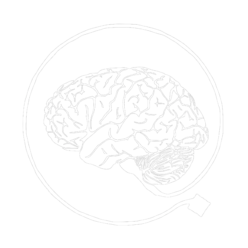Ram Neta, University of North Carolina, Chapel Hill
Section 1: The Basing Relation
So-Hyun sees a Chinese Crested dog, and she recalls that hairless dogs that look like that are typically Chinese Crested dogs. At the very same time, her friend Adede points at the dog and says “look at that Chinese Crested dog right there!” So-Hyun believes that the dog is a Chinese Crested.
So-Hyun has at least two independent reasons to believe that the dog is a Chinese Crested. Continue reading Basing Is Conjuring
